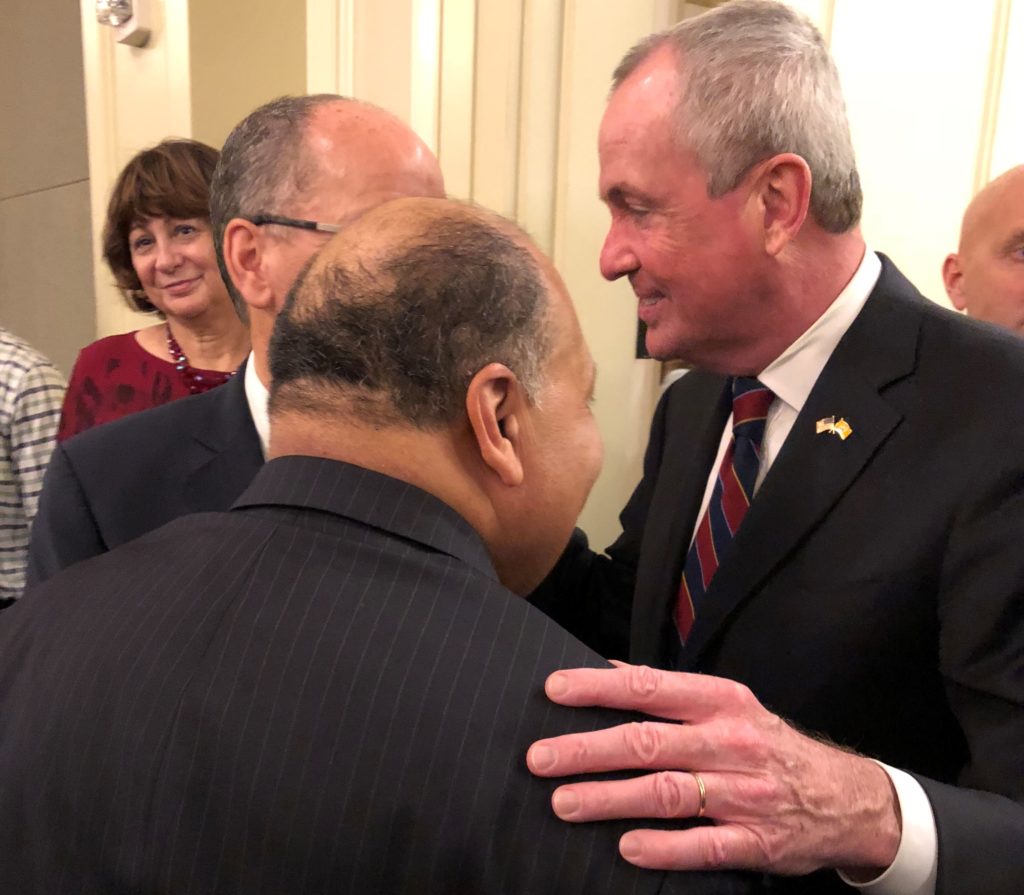New Laws Limiting Special Interest Financial Influence in NJ Politics Could Help State Parties Rebound
Listen to audio version of this article

One of the strengths of our American system of government is its emphasis on dividing power within and between various levels of government.
As every school child should know, the national government is divided between three branches of government: legislative, executive, and judicial.
This separation of powers, augmented by checks and balances, is reinforced by federalism, a system dividing power between the states and national government.
While the framers of the Constitution established a decentralized plan of government, preventing any one person or part of government from gaining too much power, this fragmentation often creates impediments to finding solutions to problems.
Despite this constitutional design, historically it has been political parties that have received the brunt of criticism for causing disunity in national politics.
In fact, it was the nation’s first president who framed the narrative about political parties by warning against them in his farewell address to the nation in 1796.
To Washington, political parties, or factions, were an obstacle that stood in the way of uniting the nation. While our Founding Father’s antipathy may have been warranted at the time, these organizations actually could serve as a unifying and moderating force in today’s politics.
It’s time to stop fighting the past war and begin confronting a new problem: increasingly influential independent special interest groups.
While differences between parties sometimes may have made it hard to govern, independent spenders could spawn even worse political chaos.
A strengthened political party system is more likely to bring about greater cooperation between disparate branches of government and varied interest groups while discouraging extreme views on both sides of the political aisle. Through greater party discipline, politics would become less polarized, more moderate, and given to compromise.
Political parties should be at the center of politics. Their decline in the face of an onslaught of spending by independent, often anonymous, groups is one reason why the nation’s politics has become so divided.
Parties are a broad coalition of voters whose views generally align but may vary on specific issues. The overall discipline imposed by parties can be a moderating influence, fostering compromise to resolve otherwise intractable problems.
Unfortunately, this moderating influence has been eroded by the rise of independent groups and accompanying weakening of a cohesive party system. Because of this trend, many otherwise solvable problems have become unmanageable, leading to ever-increasing polarization of politics.
This trend that has consumed politics at the national level has not been a stranger to New Jersey either.
The rapid rise in spending by independent groups has had a negative impact on political parties at all levels in the state.
During the 2017 legislative and gubernatorial elections, for example, independent, outside groups spent triple the amount of the two state parties and four legislative leadership committees- $47.5 million to $13.3 million.
Only ten years earlier the state party entities spent close to 45 percent more than independent groups.
County and municipal parties also have seen a serious decline in their fund-raising as spending by independent groups skyrocketed in recent years.
County party committees spent $14.1 million in 2017, well below the $27 million they spent in 2003.
Municipal party coffers also have shrunk. In 2017, municipal party committees spent only $4.4 million, just half of the $8.8 million they spent ten years before.
It is important that political parties be strengthened because weak parties are less likely to bring consensus in government.
The Election Law Enforcement Commission (ELEC) has long pushed a package of bills that taken together would offset the increase in independent group spending and simultaneously strengthen the party system in the state.
ELEC’s proposal calls for disclosure by independent groups, an increase in contribution limits applicable to political parties, allowing state parties to participate in gubernatorial elections, removing political parties from the pay-to-play restrictions while placing special interest PACs under them, requiring contractor donations to independent groups to be reported, and providing tax credits for contributions to political parties.
One of these proposals is currently on the Governor’s desk. S-1500 (Sen. Troy Singleton D-7)/ A-1524 (Assemblyman Andrew Zwicker D-16) would require registration and disclosure by independent groups.
This bill, which received virtually unanimous support in both houses, would simply place the same disclosure requirements on independent groups that have always applied to political parties and candidates.
It is hoped that the Governor Phil Murphy will enact this legislation that will bring greater transparency and accountability to New Jersey’s electoral process, adding sunlight to the State’s campaign finance laws that are among the best in the nation.
Jeff Brindle is the Executive Director of the New Jersey Election Law Enforcement Commission.
The opinions presented here are his own and not necessarily those of the Commission.





